Kanth Gun also known as Guggul comes from the resin of the Commiphora Mukul, a small thorny tree that is known as the tree of myrrh. People in India have used it for thousands of years as a herbal medicine, however, in Kashmir it has been widely used for other purposes also. Its aromatics enrich our existence and connect us to the realms beyond, while elevating our sense of peace and contentment. Outstanding among the earth's aromatic endowments is Guggul, a soft brown resin that in fragrance is similar to Myrrh.
Guggul (known as Bdellium in the ancient Greek and Hebrew world), is sought for its gummy resin, which is tapped from the bark of the Commiphora wightii tree and is used both as a perfume or incense and as a medicine. Guggul has a warm, slightly sweet, balsamic, herbaceous and earthy aroma with hints of vanilla and is often burnt after sundown to lend a tranquil note to the evening.
Well known and widely used in Ayurvedic medicine, Guggul or Common Myrrh is burnt as incense for sacred rites and fires. In Kashmir, Guggul is traditionally burnt over hot coals, the resultant smoke ensuing carried to different rooms and then held in all corners for a few seconds. Its fragrant, dense smoke is said to rejuvenate oneself, increase one's energy and promote a feeling of well-being, while purifying the air and cleansing it.
A relative of the African myrrh tree (Commiphora myrrha), Guggul is an exudation from a small scrubby tree that grows in the central regions of India. Burning incense is one of the oldest methods of enjoying nature's exotic and mystical scents. It is said that enriching your life with the enchanting fragrances of the earth nourishes the soul. Perhaps, it’s the reason why Guggul remains to this day, deeply rooted in the spiritual practices of many cultures.








.jpg)
01-250x250.jpg)
01-250x250.jpg)

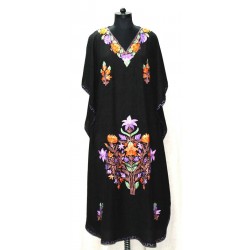
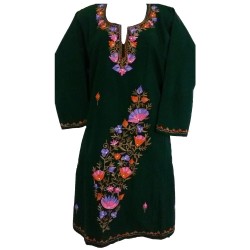
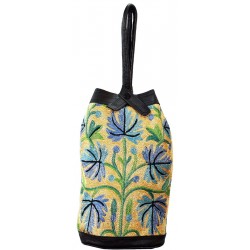

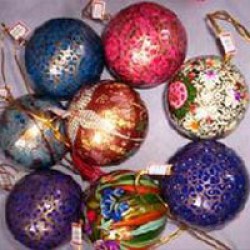
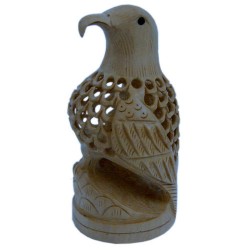








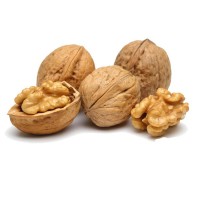
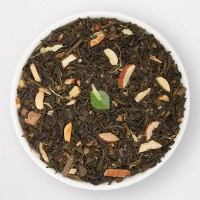
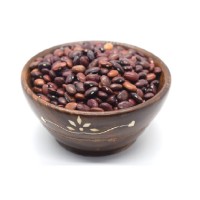
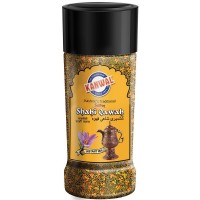
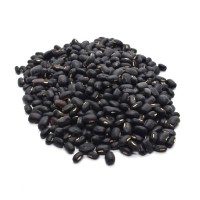
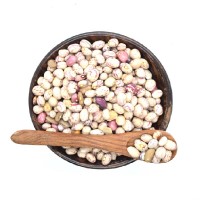
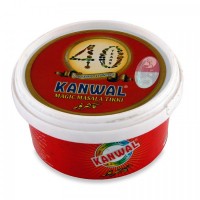
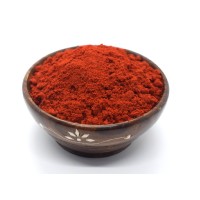
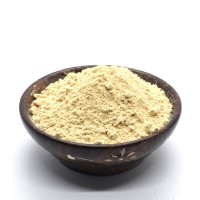
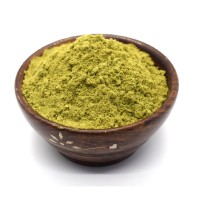
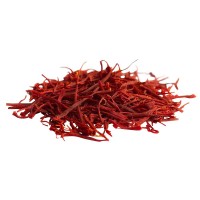
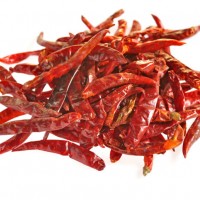

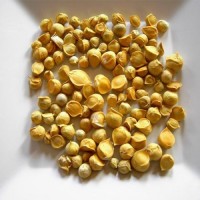



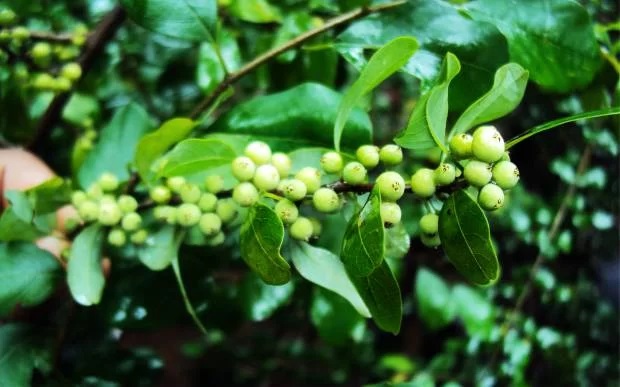
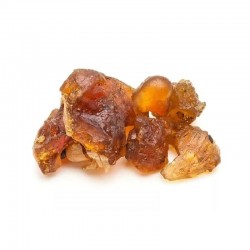
Leave a Comment